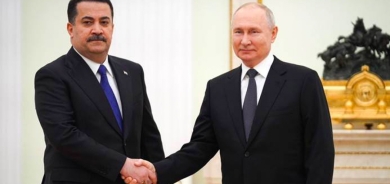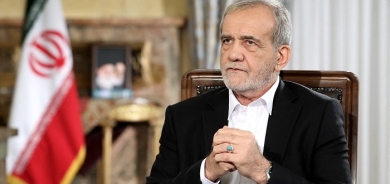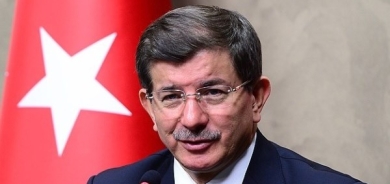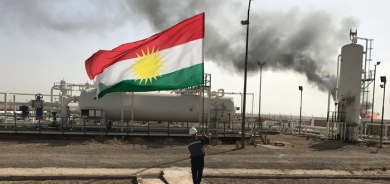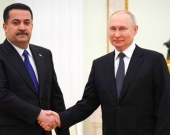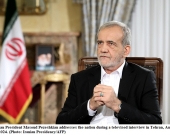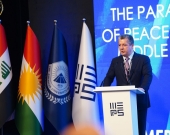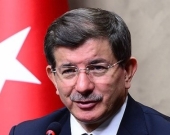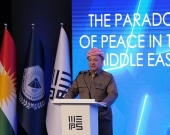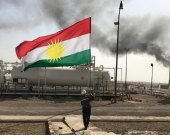Iraq says in talks with 'global energy player' for gas exploration in Western Desert

Iraq's oil ministry has started a dialogue with a global energy company to conduct gas exploration in the Western Desert in Anbar province, the ministry said in an Oct. 5 statement, as OPEC's second biggest producer seeks to wean itself of Iranian energy imports.
The ministry has also started 2D and 3D exploration work in Anbar and the northern province of Nineveh, Ismaael added.
Iraq is under increasing pressure from the US to wean itself off electricity and gas imports from Iran, which has been subject to US sanctions since 2018.
The US administration has been granting Iraq waivers since 2018 to continue importing Iranian energy.
Intermittent supply of gas and electricity from Iran has led to widespread power shortages in Iraq this summer, when temperatures have soared to 50 C, especially in the south.
Adding to Iran's outage is the difficulty Iraq is facing in paying billions of dollars of dues to sanctions-hit Tehran, complicating Baghdad's ability to settle its arrears without the threat of financial repercussions.
IOC help
Iraq has been seeking the help of international oil companies to capture associated gas. The majority of Iraq's gas output is pumped with oil and the associated gas is mostly flared. Iraq was the world's second worst flaring nation after Russia in 2020, according to the World Bank.
Iraq's state-owned South Gas Co. and Baker Hughes plan to develop a 200 MMcf/d gas recovery project in the south following a three-year delay, Ismaael said Sept. 19.
The project will process associated gas from Nasiriyah and al-Gharraf fields in the southern province of Dhi Qar.
The country also signed $27 billion worth of projects with TotalEnergies, including a $2 billion gas-gathering project.
The Ar-Ratawi gas-gathering network and treatment units will have a capacity to capture 600 MMcf/d of flared gas. The project will also produce 12,000 b/d of condensate and 3,000 mt/d of LPG to be used in the domestic market.
The gas project will help lessen reliance on Iranian imports as well as reduce burning of liquid fuels for power generation, which amount to 200,000 b/d, Ismaael said at a press conference Sept. 5. Currently, Iraq pays Iran $8/MMBtu for gas, while the Ar-Ratawi project will deliver gas at a cost of $1.50-$2/MMBtu, the minister added at the time.
spglobal

